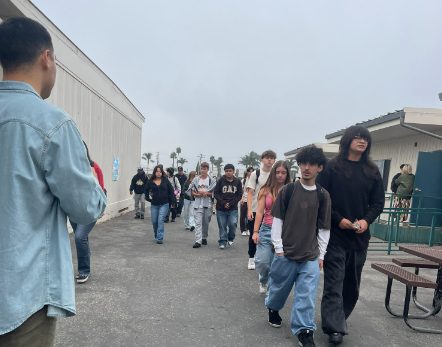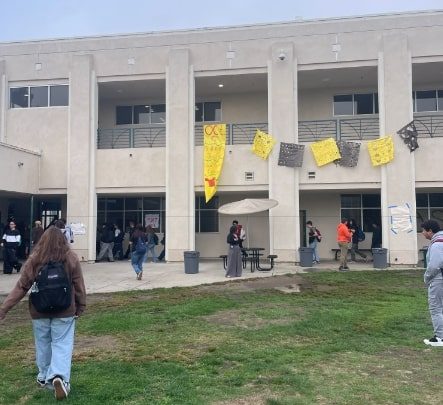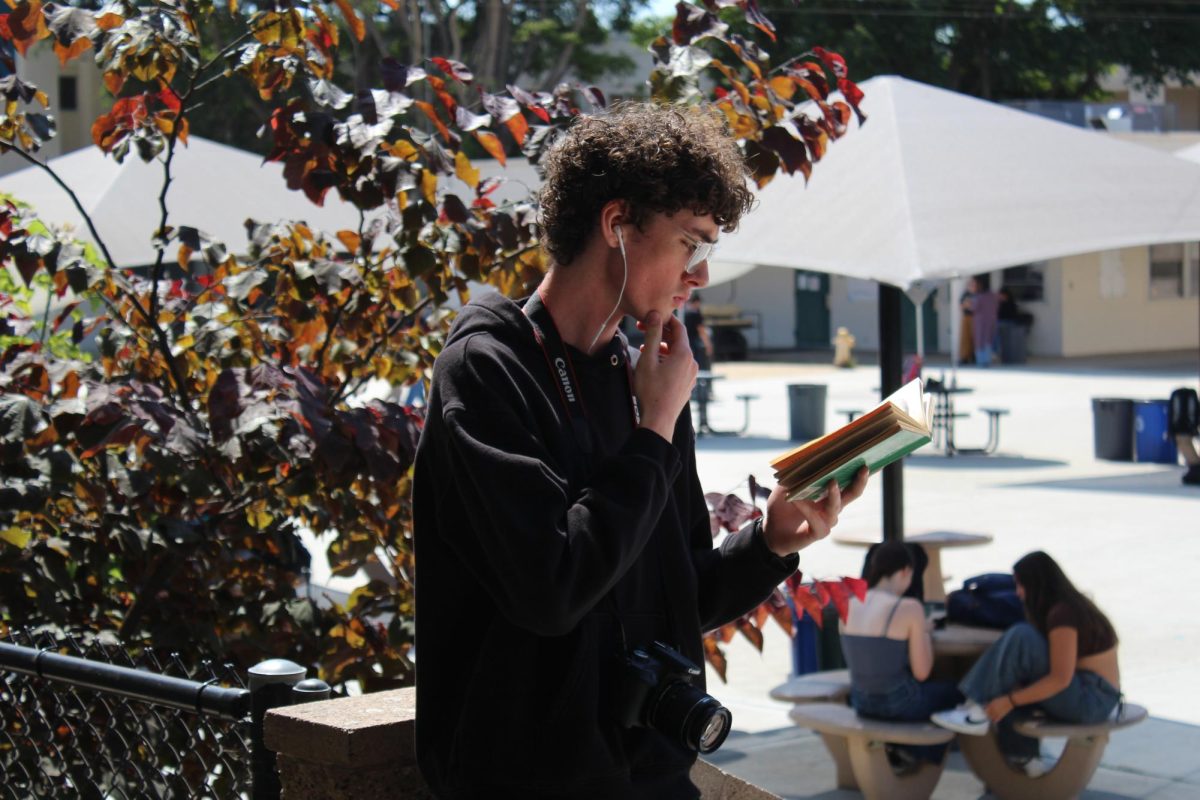
VHS continues tardy sweeps for first and second period
Ventura High School was rumored to have adjusted its tardy sweep policy, but this rumor is incorrect. Tardy sweeps, aimed at holding students accountable for arriving to class on time, became a regular practice during the school day this 2024-25 school year, occurring for all class periods. However, there was a widely spread rumor that administrators had revised the schedule to exclude 1st and 2nd period — this rumor is not true. But many students believe that this policy should change because of the challenges many students face in the early morning hours, including traffic issues and personal responsibilities.
Several factors beyond students’ control contribute to morning tardiness. Traffic congestion, especially around school zones, often causes significant delays, making it difficult for students to arrive on time, even when leaving home early. Many students rely on public transportation, which can be unreliable due to bus breakdowns or inconsistent schedules. Those dependent on family members for rides may also face delays if their parents or guardians run late due to work or other obligations. These unpredictable circumstances make it unfair to solely blame students for being late, prompting the school to reconsider its approach, for continuing their tardy sweep policy for first and second period.

Student opinions on the policy vary. Tommy Rivera ‘28 said, “I think it’s good because you have 5 minutes to get to class, and if you don’t make it there in time and get tardy swept, it’s your fault.” On the other hand, Luis Jungo ‘26, disagreed with the need for tardy sweeps altogether, “They aren’t necessary, and they’re dumb. They do nothing, really—kids who don’t care are still not going to show up. There’s no point in having them.”
The decision to continue tardy sweeps during the first and second periods at VHS represents a less compassionate approach to student punctuality. By recognizing external challenges such as traffic, unreliable transportation and family obligations, the school could foster a supportive environment that prioritizes understanding over punishment. While accountability remains essential, a policy shift would demonstrate a balanced effort to accommodate students’ needs while encouraging timely attendance throughout the rest of the school day.













